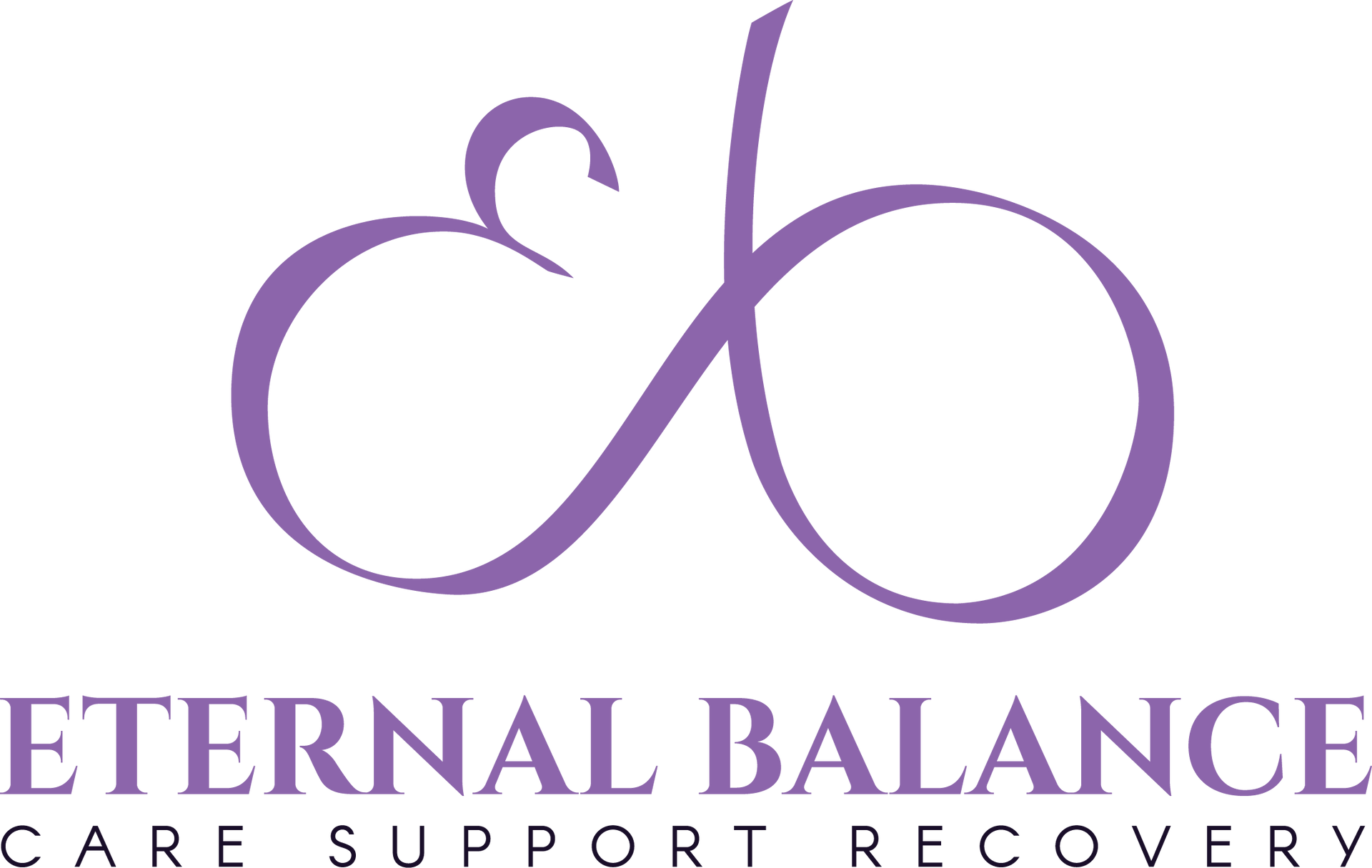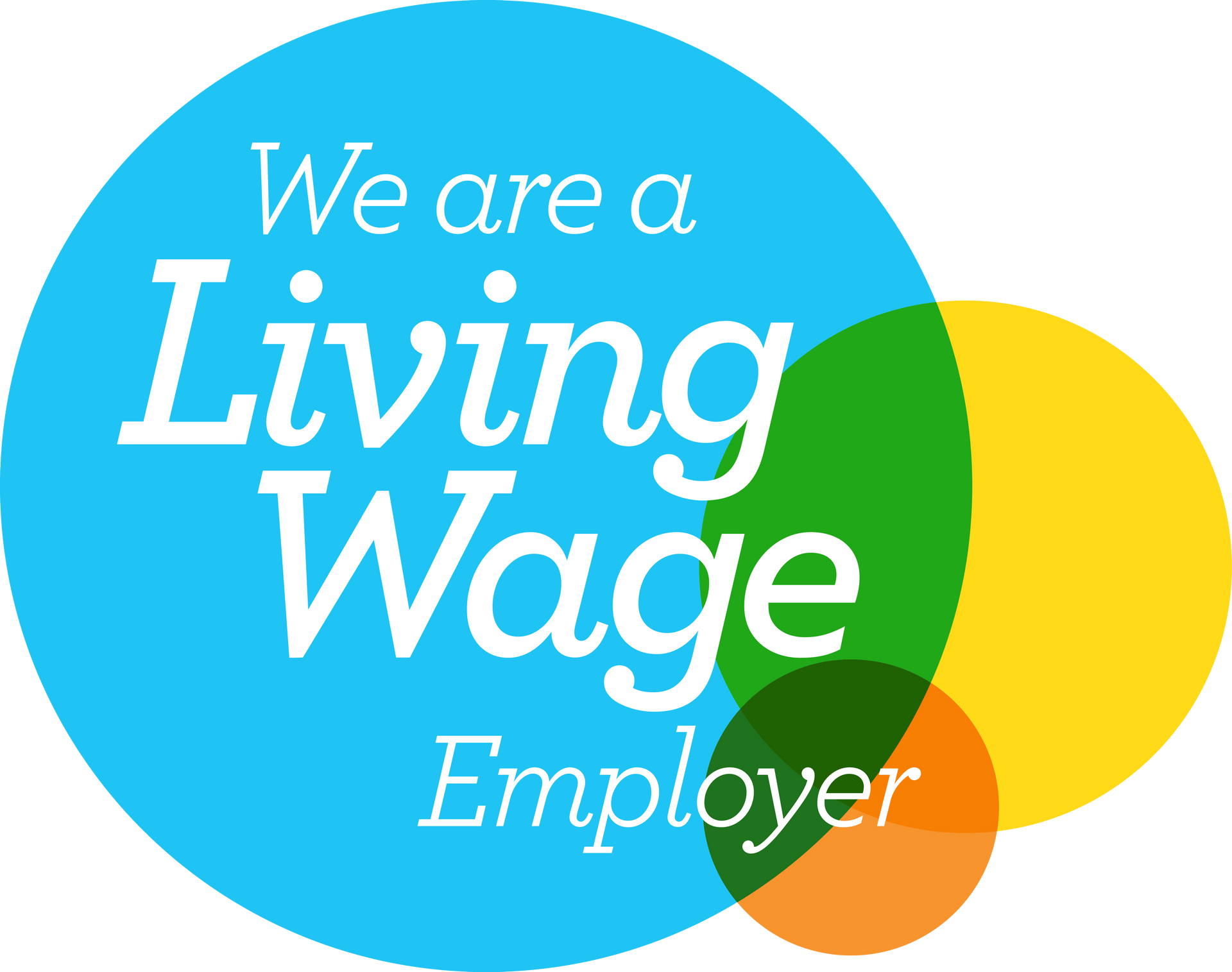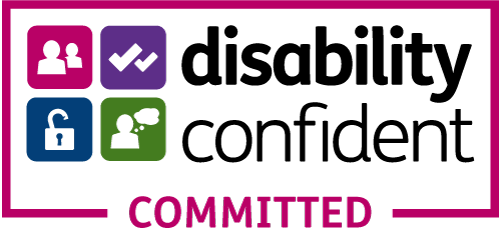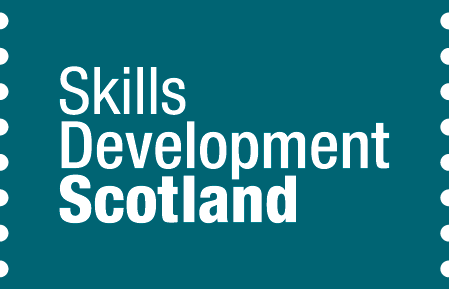A Path to a Thriving, Productive Workforce
In today's fast-paced, high-pressure work environments, the importance of employee wellbeing cannot be overstated. It's not just about fostering a more pleasant workplace; it's about reaping tangible benefits that extend to the bottom line. Enter the "Empowering Wellbeing in the Workplace" workshop, a transformative program facilitated by John Quinn and Pauline Quinn of Eternal Balance. This workshop not only equips employees with crucial skills but also addresses the unique challenges of different industries, such as social care and healthcare. Let's dive into the learning outcomes and explore how investing in employee wellbeing can lead to better retention, reduced absenteeism and presenteeism, and ultimately, a more productive workforce with long-term cost savings.
Learning Outcomes
- Understanding Wellbeing:
The workshop provides a deep understanding of what wellbeing truly means. Participants gain insights into the vital distinction between wellbeing and mental health, which forms the foundation of a healthier workplace.
- Coping Strategies:
It's no secret that work-related stress can take a toll on employees. The workshop explores both positive and negative coping strategies. By recognising and fostering positive strategies, employees are better equipped to handle stress effectively.
- Building Resilience:
Resilience is the secret weapon against workplace burnout. Participants learn how to build personal resilience, an invaluable asset for those working in challenging environments like social care and healthcare.
- Promoting Positive Mental Health:
The workshop emphasizes the importance of promoting positive mental health and wellbeing, not just for individual benefit but for the collective health of the organisation.
THE IMPACT ON BUSINESS
Investing in employee wellbeing is not just a feel-good initiative; it's a strategic move. Here's how it can significantly impact businesses:
- Better Retention: Employees who feel supported in their wellbeing are more likely to stay with their current employer. This translates into cost savings associated with recruiting and training new staff.
- Reduced Absenteeism: By providing employees with tools to manage stress and mental health, absenteeism due to burnout or related issues is reduced. This ensures a more consistent workforce and smoother operations.
- Lower Presenteeism: Presenteeism, where employees show up to work but are not fully productive due to health issues, can be a silent productivity killer. Empowered employees are less likely to suffer from this, resulting in a more efficient workforce.
- Increased Productivity: A happy, healthy workforce is a more productive one. Wellbeing initiatives can boost morale and engagement, leading to increased output and innovation.
- Long-Term Cost Savings: While the initial investment in wellbeing programs may seem like an expense, it pales in comparison to the long-term cost savings reaped through better retention, reduced absenteeism, and higher productivity.
Wellbeing Champions
Eternal Balance takes wellbeing a step further by offering a program to develop Wellbeing Champions within workplaces. These individuals undergo comprehensive training, including SQA Mental Health and Wellbeing awards, Menopause awareness training, and First Aid for Mental Health. They become advocates for wellbeing within their organisations, promoting a culture of health and support.
Tailored Workshops
One size doesn't fit all, especially when it comes to employee wellbeing. That's why the "Empowering Wellbeing in the Workplace" workshop is adaptable to address the unique challenges of different industries, such as social care and healthcare. This tailored approach ensures that participants receive practical strategies and insights that directly apply to their roles, enhancing the workshop's effectiveness.
The "Empowering Wellbeing in the Workplace" workshop is a game-changer for organisations. It equips employees with vital skills, empowers Wellbeing Champions, and is tailored to the specific needs of different industries. By investing in employee wellbeing, organisations can expect better retention, reduced absenteeism and presenteeism, increased productivity, and long-term cost savings. It's a win-win for both employees and employers, fostering a healthier and more prosperous work environment.
Eternal Balance is committed to helping organisations like yours create workplaces where wellbeing thrives. Contact us today to learn more about how our workshops and Wellbeing Champions program can transform your workplace into a hub of positivity, productivity, and long-term success.

Tel: 0141 319 4351
Email: info@eternalbalance.scot
Clockwise Offices
77 Renfrew Street
Glasgow
G2 3BZ
Tel: 0141 319 4351
Email: info@eternalbalance.scot
Clockwise Offices
77 Renfrew Street
Glasgow
G2 3BZ
Tel: 0141 319 4351
Email: info@eternalbalance.scot
Clockwise Offices
77 Renfrew Street
Glasgow
G2 3BZ
All Rights Reserved | Eternal Balance LLP
Developed by Aitken Design
Bringing visions to life
All Rights Reserved | Eternal Balance LLP
Developed by Aitken Design
Bringing visions to life
All Rights Reserved | Eternal Balance LLP






